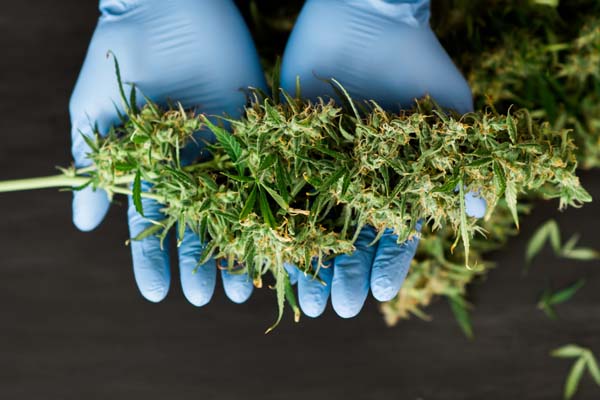U.S. Secretary of Agriculture Sonny Perdue announced Tuesday the establishment of the U.S. Domestic Hemp Production Program. This program, as required by the 2018 Farm Bill, creates a consistent regulatory framework around hemp production throughout the United States.
“At [the] USDA [U.S. Department of Agriculture], we are always excited when there are new economic opportunities for our farmers, and we hope the ability to grow hemp will pave the way for new products and markets,” said Perdue.
“We have had teams operating with all hands on deck to develop a regulatory framework that meets congressional intent while seeking to provide a fair, consistent and science-based process for states, tribes and individual producers who want to participate in this program.”
Later this week, an interim final rule formalizing the program will be published in the Federal Register that will allow hemp to be grown under federally approved plans and make hemp producers eligible for a number of agricultural programs.
The rule includes provisions for the USDA to approve hemp production plans developed by states and Indian tribes, including requirements for maintaining information on the land where hemp is produced; testing the levels of delta-9 tetrahydrocannabinol; disposing of plants not meeting necessary requirements; and licensing requirements.
It also establishes a federal plan for hemp producers in states or territories of Indian tribes that do not have their own approved hemp production plan.
The interim final rule becomes effective upon publication in the Federal Register. Following publication, the USDA invites public comment on the interim rule and the information collection burden. A preview of the rule is posted on the USDA’s website.











